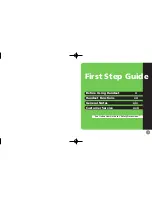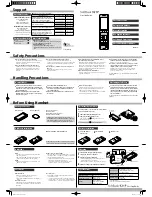
- 15 -
Overview
Carrier VoIP
Nortel IP Phone 2210, 2211, 2212 User Guide
NN10042-116 01.03 Standard
(I)SN09U October
2006
Copyright © 2006, Nortel Networks
Nortel Networks Confidential
Active/idle state
This state is equivalent to a wired telephone that is idle. The handset
transitions to idle state in one of two ways.
•
The handset receives an incoming call while it is in the standby state,
which also causes the handset to ring.
•
You press the key on the handset to access the User Options menu, which
causes the transition.
The handset does not ring in this state.
The handset must be brought into the active/idle state before you can perform
any action, or access the CICM functionality. In the active/idle state, the
handset display is active and displays a message
EXT-----
, and you hear a
loud ring from the handset.
When the phone is in the on-hook state, the MENU, FCN, and LINE keys are
active. The handset remains active as long as a menu is selected or a soft key
is pressed. The timeout does not apply.
Error state
The handset transitions to this state if it loses the signal from the call server.
If the handset regains the signal within approximately 20 seconds, it returns
to the state it was in when it lost the signal. If the signal is lost for more than
20 seconds, the handset restarts and transitions to the standby state.
Active call state
The handset transitions to this state when you make or answer a call, and
remains in this state for the duration of the call.
Push-to-talk state
The handset transitions to this state with the first Push-to-talk transmission,
and ends after there has been two-way radio traffic on the channel for 10
seconds. While in this state, you cannot use the keypad for any other
functions, but you can receive and place calls.
221x handset status indicators, icons, and soft keys
This table describes the on-screen status indicators, icons, and soft keys that
appears on Nortel IP Phone 2210, 2211, 2212 (221x) handsets.
A steady (not flashing) indicator beside an extension number or feature
indicates that the item is active. A flashing indicator means the line is on hold
or the feature is in the process of being programmed.
















































